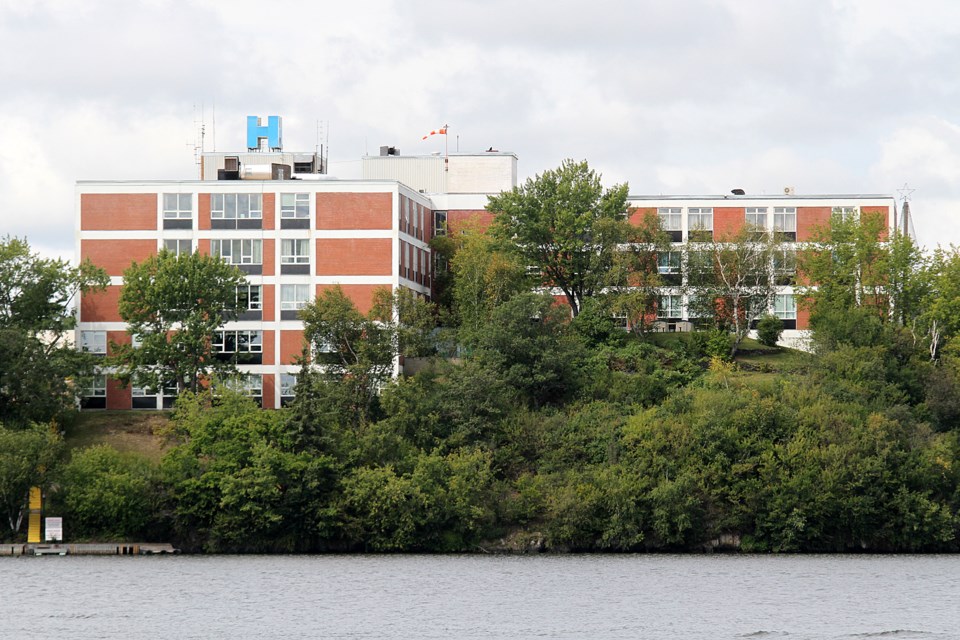DRYDEN, Ont. - Cases continue to rise in Kenora, which has a growing positivity rate and evidence of community transmission and public health officials are reminding individuals awaiting COVID-19 test results to continue to self-isolate.
“If someone develops symptoms of COVID-19 you need to self-isolate and get tested,” said Dr. Kit Young Hoon, medical officer of health with the Northwestern Health Unit. “While you wait for your test results, you need to keep self-isolating. A person might start feeling better during that time, but you need to keep isolating.”
Young Hoon said the health unit has heard of people feeling better after receiving a test and there have been reports that some individuals have stopped self-isolating before receiving their results.
“I wouldn’t describe it as breaking quarantine,” she said. “It’s just people not understanding that they need to continue to quarantining until they get their results.”
There are currently 26 active cases of COVID-19 in the NWHU catchment area, which includes 20 in Kenora, three in Dryden/Red Lake, one in the Rainy River District, and two in Sioux Lookout. To date, there have been 109 positive cases of COVID-19.
“Most of our recent cases have been in the Kenora area, so there is increasing risk in the Kenora area,” Young Hoon said. “What we are seeing is cases of community transmission in the Kenora area.”
The positivity rate in the Kenora area is 1.48 per cent and there are two people with COVID-19 currently admitted to the Lake of the Woods District Hospital.
Despite the high positivity rate, Ray Racette, president and CEO of Lake of the Woods District Hospital, said there are no concerns at this time with respect to capacity.
“We do have the ability to surge with additional beds if we need them,” he said. “Our policies are very tight on PPE. We assume everyone could have COVID. We are assuming there is some community spread and we take that posture with everyone coming in.”
According to Racette, there hasn’t been a need to suspend any hospital programs or elective surgeries and there are no restrictions on non-essential visitation, though the number of visitors and hours are limited.
Racette said during the first wave, there were unintended consequences with restricting visitations to patients.
“We see the value in patients being visited by people that they love and their family and close friends,” he said. “That adds value to the care experience and provides support to our staff. We see a lot of value to our visitors and we a very prudent in how we manage that.”
Racette added there is government funding available for additional beds in the event of a surge of hospital admissions.
The NWHU is also recommending all residents avoid non-essential travel outside of the region, including to and from Manitoba.
“Residents in Manitoba border communities, who use Kenora as their main service hub and do not travel west of Falcon Lake are exempt from the travel recommendation,” Young Hoon said.
There have also been reports of Manitoba residents travelling to Northwestern Ontario for shopping following the lockdown in the province.
Young Hoon said it is difficult to say whether or not travellers from Manitoba are in the region for essential purposes or not.
“It is difficult to say if it’s a high level or not,” she said. “We hear these types of stories. I think the most important thing people can do is take the efforts to protect themselves and follow public health measures.”
Young Hoon said the best way to stay safe is to continue to follow the public health measures, including wearing a mask in indoor space, staying two metres apart from others, and proper hand hygiene.
